Never Use Your Credit Card for These 6 Purchases, According to Financial Experts
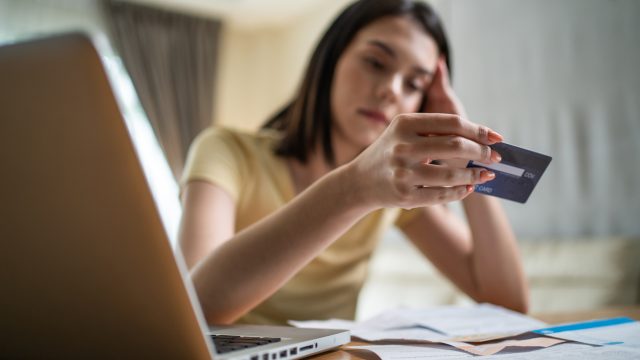
The credit card in your wallet is a powerful spending tool that can make life a whole lot more convenient. When used correctly, it can save you a trip to the ATM to pull out cash, help you build credit, and even allow you to score cash back or reward points in a way that debit cards simple can’t. New technology has also made it so that cards are now more widely accepted than ever for transactions of all sizes. But just because you can swipe when it comes time to pay up doesn’t mean you always should. Read on to find out which purchases financial experts say you should never use a credit card for.
READ THIS NEXT: Never Use Your Debit Card for These 6 Purchases, According to Financial Experts.
1
Cash advances
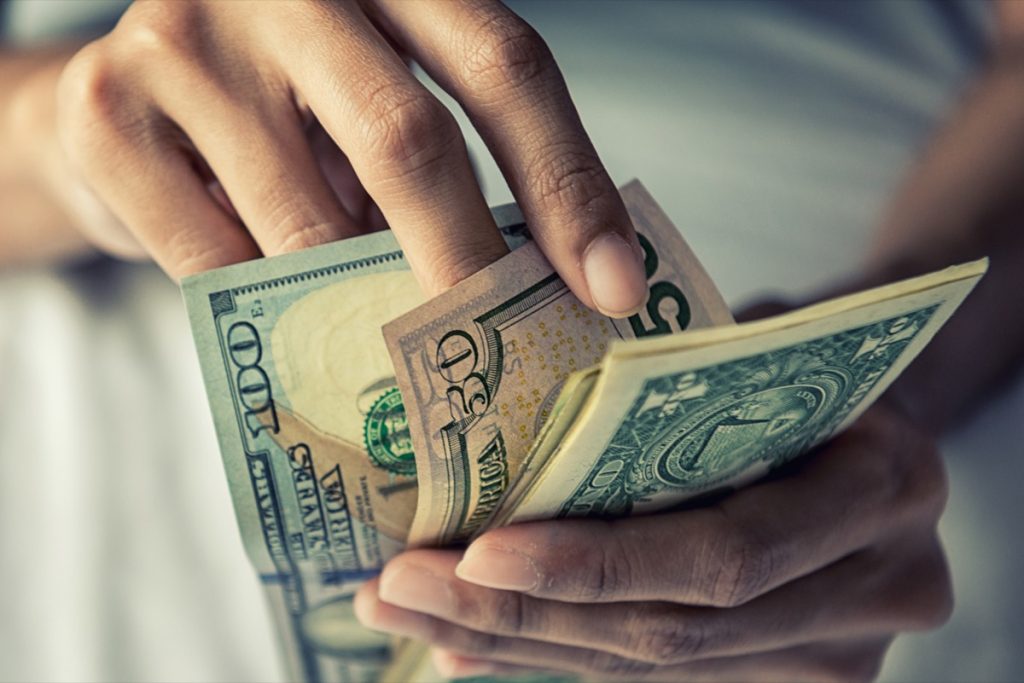
Even though credit cards can often make cash unnecessary, you can still use them to withdraw bills in a pinch. However, experts caution that this is an ill-advised way to use your plastic which can result in some expensive consequences.
“Taking a cash advance from your credit card is like taking out a high-interest loan,” financial expert Alastair Hazell tells Best Life. “You’ll typically be charged a cash advance fee, as well as a higher interest rate that starts accruing right away. Unlike with regular credit card purchases, there’s usually no grace period for cash advances, so you’ll start paying interest from the moment you take out the cash.”
2
Unexpected expenses
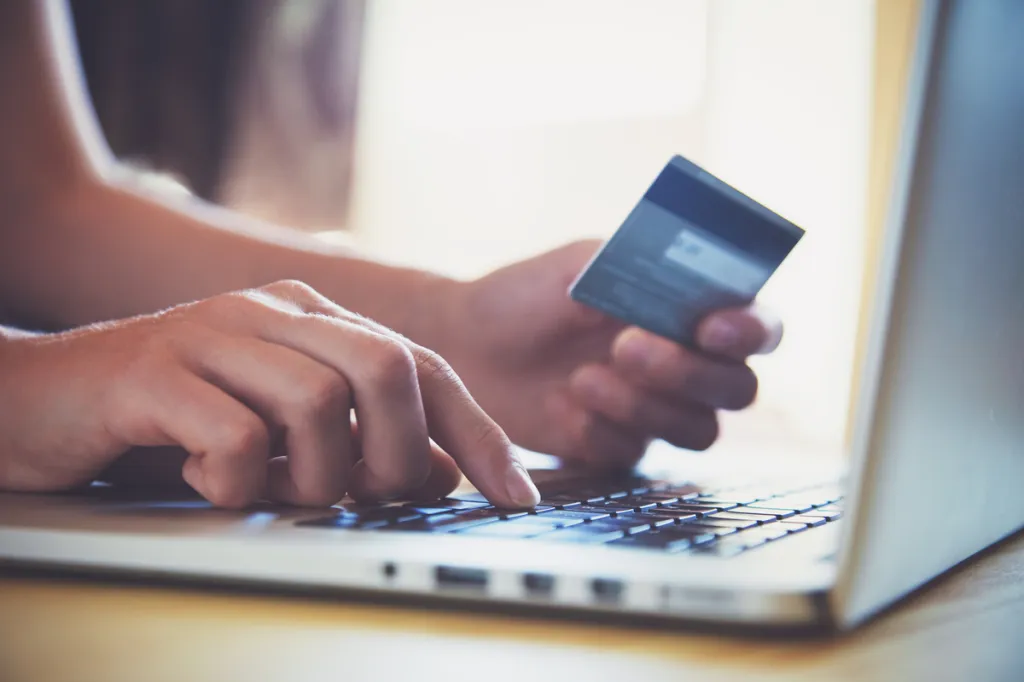
Part of the convenience of having a credit card is that it allows you to cover an out-of-the-blue expense in a pinch and not drain your bank account. But while the idea of having it available for use in emergencies can be comforting, experts warn that you might want to be careful you’re not setting yourself up for financial trouble down the line.
“Whether it’s a medical emergency, a home repair, or any other large unexpected expense, using a credit card can easily lead to a situation where the debt is difficult to pay off,” says Trinity Owen, chief financial officer for The Pay At Home Parent. “If you find yourself in a situation where you need to use your credit card for an unforeseen large spend, try to pay off the debt as soon as possible to avoid accruing interest.”
READ THIS NEXT: Never Use Autopay for These 6 Bills, According to Financial Experts.
3
Subscription services or memberships

As subscription services are becoming a more common model in the business world, it’s also becoming more common to park most of the regular charges onto your credit card. After all, this can be a way to help organize your expenses and stay on top of them more easily. But if you’re not careful, it can also become easy to miss any unexpected changes or increases to your bill.
“If you sign up for a subscription service, like a monthly gym membership or online streaming service, make sure to review your credit card statement each month to ensure that you’re not being charged more than you expected,” suggests Hazell. “If the service starts automatically billing your credit card, it can be difficult to cancel or dispute the charges.”
4
Everyday expenses (in some cases)

Stores have made it so easy to run your credit card or tap your phone to make a purchase that it can sometimes be easy to forget that other payment options are available. But if you’re on a budget, spending on even just the necessities can sometimes get out of hand if you’re not paying attention.
“You should avoid charging purchases like groceries, rent, utility bills, and gasoline to your credit card unless the bill can be paid in full at the end of the month,” says Jeffrey Stouffer, a financial expert and certified financial planner with JustAnswer. “These are common everyday expenses, and if it becomes necessary to finance these items, this indicates that the current budget planning could use a review. It may not be obvious due to the ease that such purchases can be made—especially in light of the current inflationary environment.”
For more financial advice delivered straight to your inbox, sign up for our daily newsletter.
5
Expensive items with a long payoff period
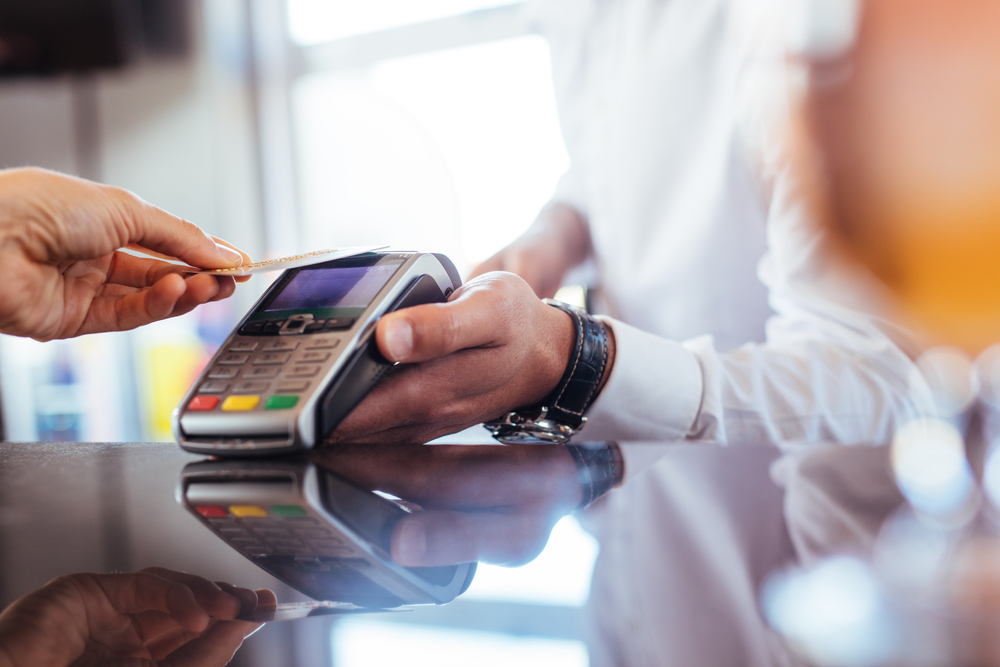
Part of the draw of credit cards can be their ability to extend your spending power. This can be especially helpful in cases where you may need a little more time to pay off a necessary or planned expensive purchase. However, experts caution that you shouldn’t swipe or tap on the sale without a clear roadmap of how you’re going to pay for it.
“While using a credit card to purchase a big-ticket item can be tempting, you’ll want to consider the long-term cost of carrying that debt,” says Hazell. “For example, if you purchase a $5,000 item with a credit card that has an 18 percent interest rate and you only make the minimum payment each month, it will take you nearly 10 years to pay off the balance—and you’ll end up paying nearly $3,000 in interest.”
6
Impulse purchases
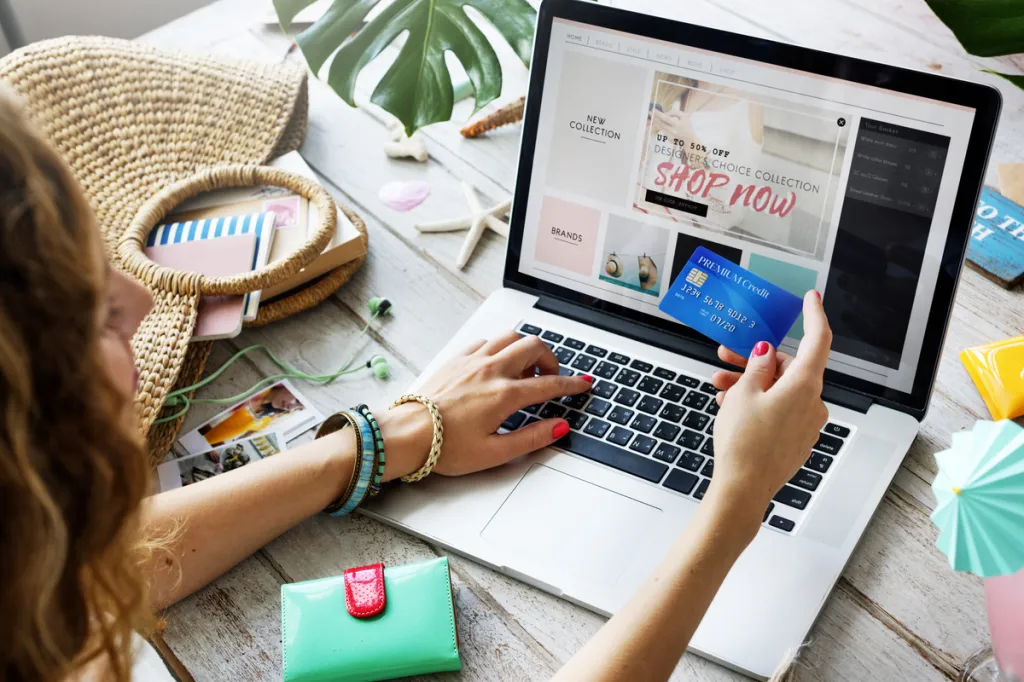
While credit cards can make our lives more convenient and organized, they can also quickly become a dangerous enabler of overspending. The feeling of having what feels like an endless amount of cash at your disposal could lead to unnecessary purchases that can land some consumers in piles of debt that can be hard to escape. That’s why it’s essential to be aware of—and avoid—this all-too-familiar trap.
“Impulse purchases can be tempting, but they can also be a source of financial trouble. When you make an impulse purchase with a credit card, you may not realize how much that purchase is really costing you until you receive the bill,” cautions Owen. “By avoiding impulse purchases and using cash instead, you can help ensure that your credit card is used for purchases that you have planned for and can afford to pay off.”
Best Life offers the most up-to-date financial information from top experts and the latest news and research, but our content is not meant to be a substitute for professional guidance. When it comes to the money you’re spending, saving, or investing, always consult your financial advisor directly.